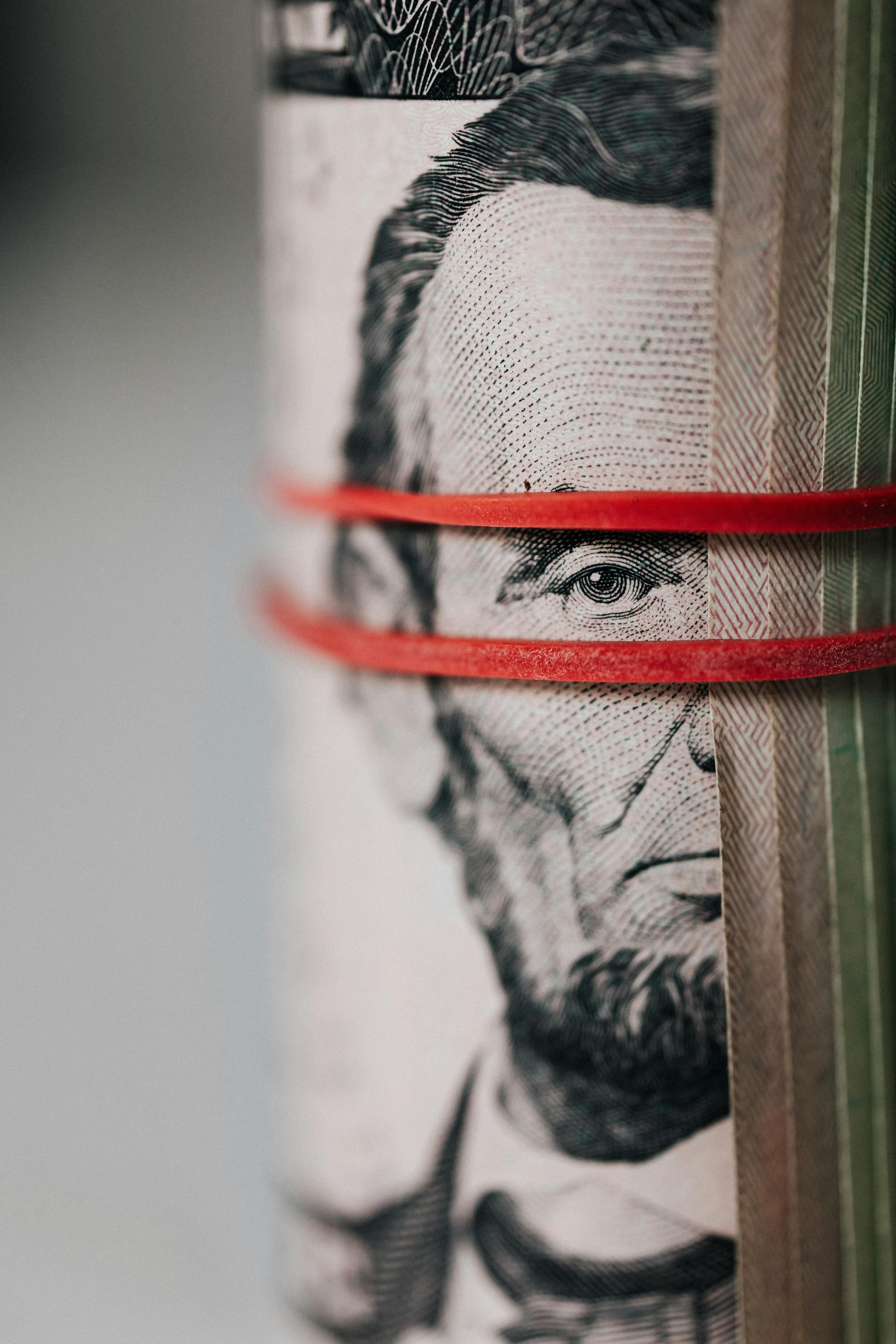Gone Fishing: The Rating Agencies and the U.S. Debt Ceiling

Dr. Moritz Kraemer
May 22, 2023

The debt ceiling controversy is coming to a head. In January, the debt of the federal government reached the legal limit. Since then, the government's liquidity buffers have been dwindling in order to continue making current payments. According to Treasury Secretary Yellen the day of fiscal reckoning could happen as early as June 1.
The fact that the debt ceiling has to be raised regularly by Congress is actually a well-rehearsed routine. Most of the time, it goes through without a whimper. But not this time. The administration's request to raise the debt ceiling was rebuffed by the Republican Speaker, Kevin McCarthy. Instead, McCarthy made the Republican majority in the House of Representatives pass a bill linking a debt ceiling increase to colossal spending cuts. Among other things, it calls for a significant portion of President Biden's agenda to be demolished altogether.
The battle lines have hardened. Whoever moves first loses. The scenery is reminiscent of the James Dean classic "Rebel without a cause": two young men race toward a cliff in stolen cars. Whoever jumps out of the vehicle first is a loser and a coward. For those who don't know the movie: it doesn't end well. Today, the opposing political parties face off in a political game of chicken. Here, too, things could end badly.
In a similar debt ceiling episode in 2011, a compromise was only reached once the default was already within grasping distance. But back then, the distrust or even hatred between the parties was not nearly as pronounced as it is today. And no Donald Trump was breathing down the neck of then-Speaker John Boehner. Moreover, McCarthy's majority of just five votes does not give him much wiggle room. There is no obvious path to political compromise. The risk of a politically induced default is higher than ever.
Rating agencies are critical capital market institutions tasked with forecasting defaults. During the 2011 episode, the world's largest rating agency, S&P downgraded the U.S. for the first - and so far only – time, from AAA to AA+. The main reason was the dysfunctional political process at display during the debt ceiling quandary at the time. Months earlier, a negative outlook clearly communicated the downgrade risk (the author was a member of the credit committee that made these decisions at the time).
And today, when the default risk is greater than ever? "No connection under this number!" it might say when you called the rating agencies on default risk. All major agencies have a "stable outlook" on the U.S. rating, implying that a downgrade is not even being considered as a reasonable possibility. And with the aforementioned exception of S&P, all of their ratings are at AAA, the platinum-plated top of the ratings scale. That lofty rating level implies a near-zero probability of default. Only the largest European rating agency, Scope, is formally contemplating a downgrade of the U.S. credit rating. Meanwhile, all U.S. agencies are collectively keeping their mouths shut and their feet still. A coincidence?
Speaking of S&P: its U.S. sovereign rating would actually have to be another notch lower, according to the methodology used by the agency. This is due to the continuously deteriorating public debt position since the original downgrade of 2011. To prevent another lowering of the rating, S&P took a truly remarkable decision in March 2021: the assessment of the quality of America’s governance and political institutions was raised once more to the best possible level, after it had been lowered to second-best at the time of the 2011 downgrade. Did the agency really see sustained improvements in the political process compared to the Obama era? Only a few weeks after a violent mob ransacked the Capitol? Probably not, but S&P’s methodology simply did not allow for any other way to prevent a second downgrade. Meanwhile, Fitch Ratings raised the outlook to stable from negative last summer. You wouldn’t know that the U.S: is teetering on the edge of default if you only listened to the resounding silence coming from the agencies.
All of this suggests that the ratings industry does not want to get caught in the crosshairs of U.S. politics in this debt ceiling quagmire. The fact that S&P was confronted with a billion-dollar lawsuit from the U.S. Department of Justice after the 2011 downgrade is certainly still fresh in the agencies’ memory. Never mind that the accusation levelled against S&P by the D.O.J. was superficially unrelated to lowering the U.S. credit rating.
The agencies may also think that it would ultimately be no less embarrassing for them if the U.S. were to default from a AA rating rather than from the top-notch AAA rating. On the other hand, a proactive downgrade now (or even outlook change) would possibly throw the agency into the snake pit that is Washington’s political clash. All the same: the agencies' strained “see nothing, hear nothing, say nothing”-approach appears tantamount to dereliction of duty. It is their only role to tell the risks as they see them, without fear or favor. By refusing to opine, the agencies are suggesting to investors that there has been no need to worry about a U.S. default. This benign neglect could come back like a boomerang to hit the credibility of the faint-hearted ratings industry itself.
--------------------------------
Moritz Kraemer
Moritz is Chief Economist of Germany's Landesbank Baden-Württemberg (LBBW) and advisor to CountryRisk.io. Moritz is very well known and respected for the thought leadership and the senior roles he held with S&P Global Ratings, which he joined in 2001. Before leaving S&P at the end of 2018, he was Global Chief Rating Officer, Sovereigns. He has interacted with senior investors and policymakers across the globe in over 100 countries. Moritz has lived and worked in four continents and brings a broad international experience to CountryRisk.io.
Moritz has a Ph.D. in Economics from the University of Göttingen.
